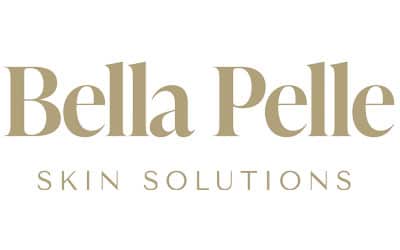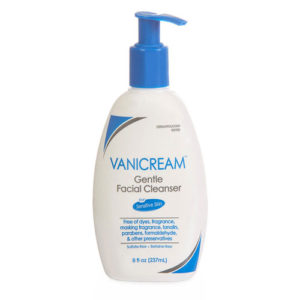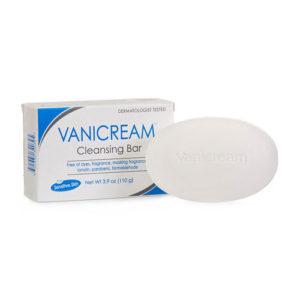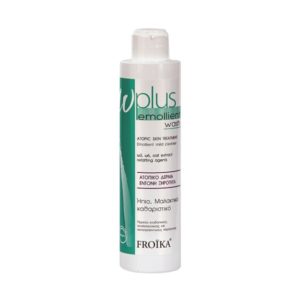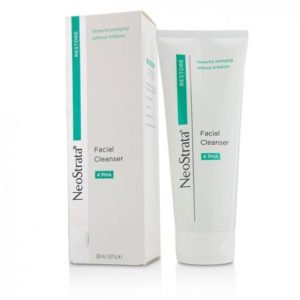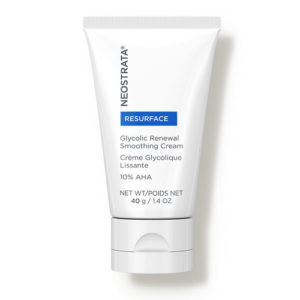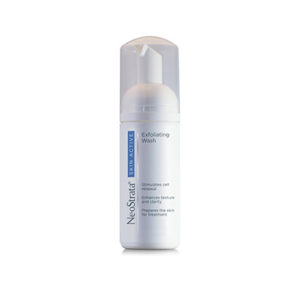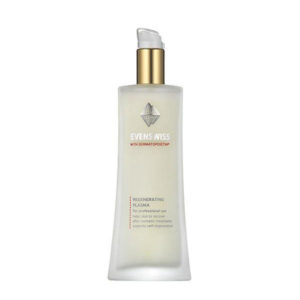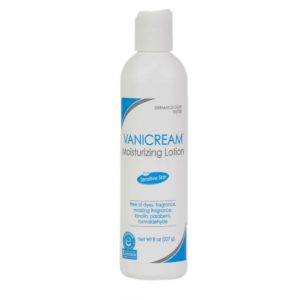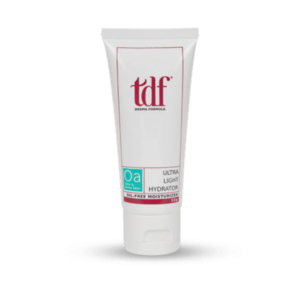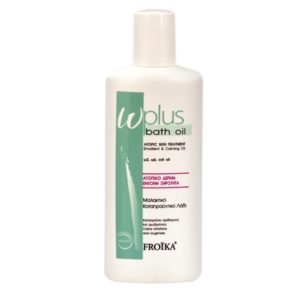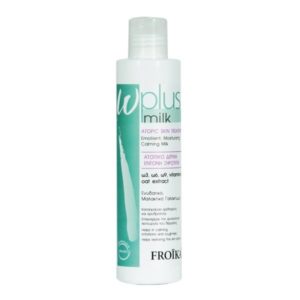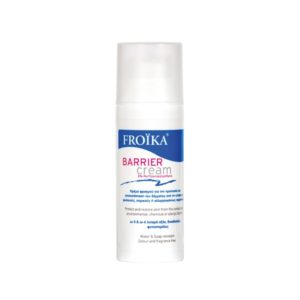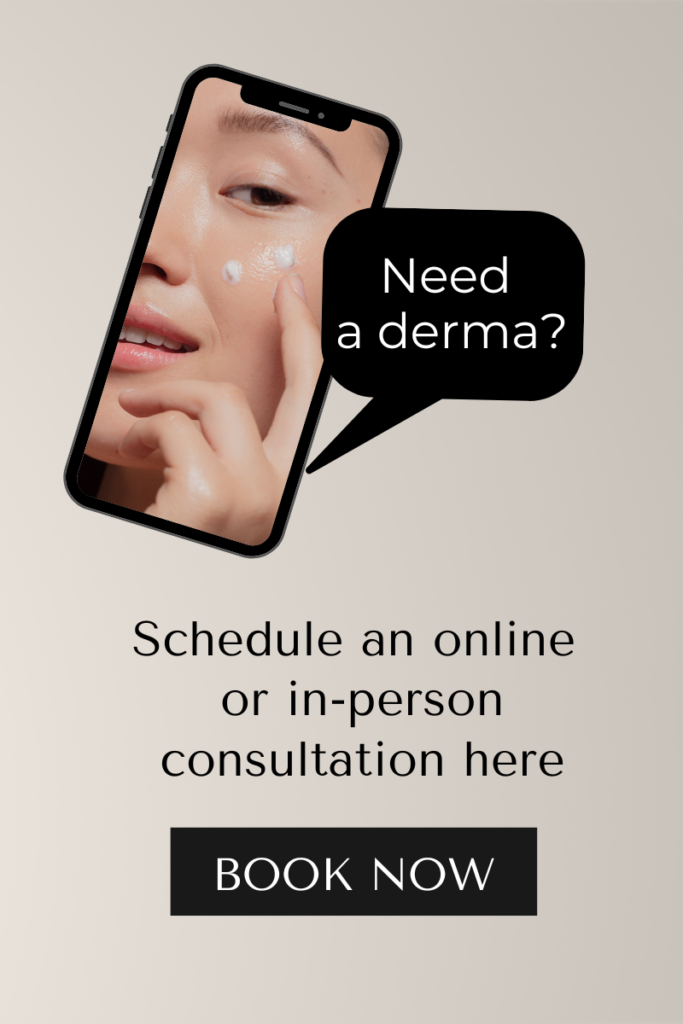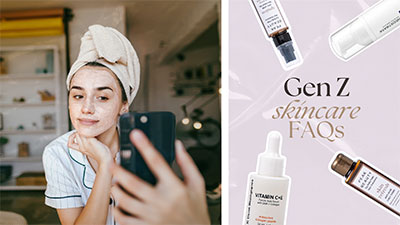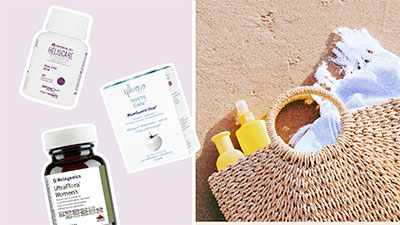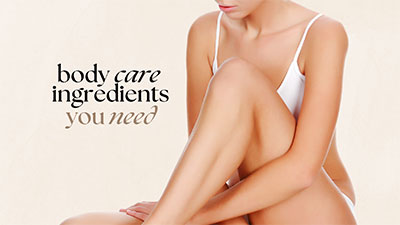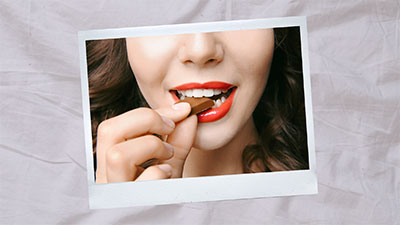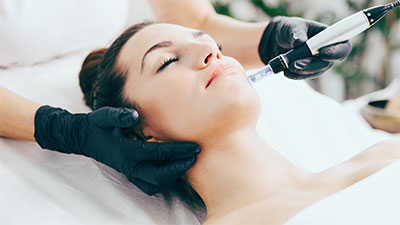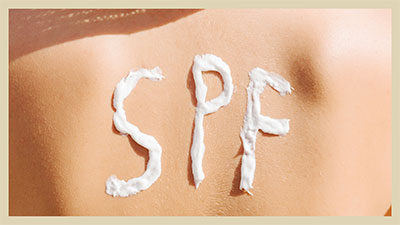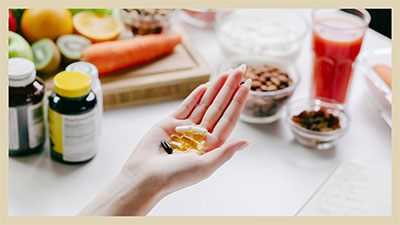Is Your Skin Barrier Damaged? Here’s How To Tell
Your overall skin health depends on it.
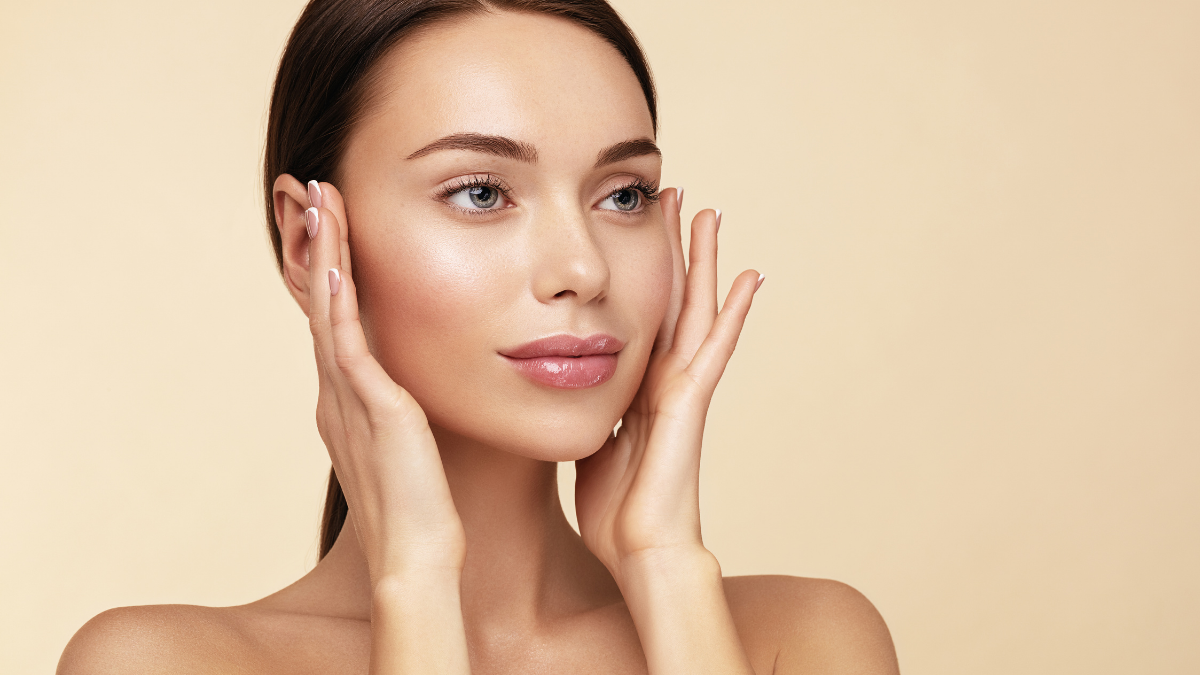
In recent years, the term “skin barrier” has become an important part of the skincare conversation. You’ve likely heard or read it many times—from your dermatologist, from the latest beauty ad, on your product’s packaging or label. But what is it exactly? And why is it so important?
Your skin barrier, defined
First, a little science 101. Skin is made up of different layers: the epidermis or the outermost layer; the dermis, the middle layer; and the hypodermis, the bottom or the fatty layer. As you may have probably guessed, the skin barrier, a.k.a. the stratum corneum, is found at the very top of the epidermis.
Often described as a brick wall consisting of tough skin cells (or “corneocytes”) held together by mortar-like lipids, the skin barrier basically has two important roles: Keep the good stuff in and the bad stuff out.
Simply put, it protects your body from harmful toxins, like chemicals, pollutants, and pathogens (i.e. viruses and bacteria), while also acting as a physical shield against the sun’s UV rays. Inversely, it also works to keep moisture within the body and prevents transepidermal water loss, which can cause dehydration. When skin loses water, it becomes dry, rough, and more susceptible to damage—including the signs of aging.
What can damage the skin barrier?
Given the importance of our skin barrier in our overall health (and not just our skin’s), it’s then crucial to be aware of the elements or conditions that can affect its well-being. Here’s a quick look at the most common factors:
- a too dry or too humid environment
- excessive sun exposure
- allergens, irritants, and pollutants
- exposure to harsh chemicals (including skincare ingredients)
- over-exfoliation or over-washing
- medications
- lifestyle habits and stress
- genetic factors that make you more susceptible to skin conditions, like atopic dermatitis, psoriasis, and contact dermatitis
How do I know if my skin barrier is damaged?
When your skin barrier’s health is compromised, you’re likely to be more prone to developing these symptoms and conditions:
- skin dryness
- itchiness
- redness
- discolored patches
- acne breakouts
- skin sensitivity
- skin infections (bacterial, viral, or fungal)
Caring for your skin barrier
The good news: By adopting healthy skin habits and switching to the right products, it is possible to repair the damage that’s been done and maintain a functional skin barrier. Check out some quick tips below:
- Streamline your skincare routine.
While it’s tempting to pile on all of the “best” products the beauty industry has to offer, this can do more harm than good: The overloading of ingredients can inadvertently weaken your skin barrier and make you more prone to irritation.For a regimen that works, it’s best to consult with a dermatologist, preferably one that’s recognized by the Philippine Dermatological Society (PDS). You can book an online or face-to-face consultation with Dr. Maximin Navarro, Bella Pelle’s resident dermatologist and PDS fellow, here.
- Use a gentle daily cleanser.
If you’re not so particular about the product you use to wash your skin with, well, you ought to be. Instead of fragranced bar soaps—which can be harsh and irritating—Dr. Navarro recommends going for a “hypoallergenic facial cleanser that gently exfoliates the skin,” preferably one that is preservative-free, paraben-free, formaldehyde-free, and soap-free.Try:
Formulated without the chemical irritants and harsh ingredients found in ordinary cleansers, this mild cleanser is suitable for all skin types, including sensitive skin.
This bar soap is free of dyes, fragrances, and parabens, and can be used on the face and body.
Gently cleanse atopic or sensitive skin with this hydrating wash that also soothes irritation, re-balances skin, and helps restore normal skin function.
A soap-free, non-foaming gel cleanser, this has polyhydroxy acids (PHAs) to exfoliate without irritating or drying the skin.
- Avoid over-exfoliation.
Addicted to that squeaky clean feeling after an exfoliation sesh? You won’t be loving it so much once skin becomes extra tight, dry, and even sensitive to the touch. How often should you exfoliate then? Most dermatologists will agree to limit exfoliation to just once or twice a week in order to rejuvenate skin without causing damage.If you must use acids, go for a low-concentration formula (5 to 10% AHA) and just build up gradually as tolerated by your skin. You can also opt for an exfoliating moisturizer for a double-whammy: skin renewal and hydration.
Try:
An anti-aging exfoliant for normal to oily skin, this has 10% glycolic acid to refresh skin texture, plump up skin, and smoothen fine lines—without being too harsh on the skin barrier.
This soap-free foaming cleanser removes dirt, oil, and makeup while leaving skin hydrated, soothed, and refreshed.
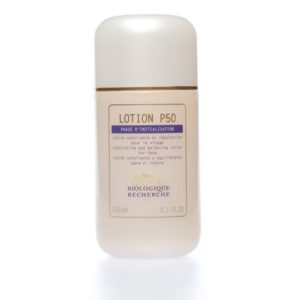
Biologique Recheche Lotion P50The famous P50 formula is a multifunctional lotion that exfoliates, cleanses, and purifies the epidermis while helping it maintain a healthy acid pH balance.
- Look for products with ceramides.
Since your skin barrier contains natural ceramides, a.k.a those waxy lipids that act as a glue in your complexion’s brick wall, using ceramide-rich serums and moisturizers can add support and strengthen its structural integrity. Bonus benefits: Ceramides are also helpful in managing acne and in warding off the signs of aging.Try:
Made to support skin’s self-regeneration (it’s particularly helpful after cosmetic treatments), this advanced formula also contains ceramides to restore the lipid barrier—for healthier, stronger skin.
- Don’t skip the moisturizer.
“Dry and sensitive skin types are not the only ones that need regular moisturizing,” reminds Dr. Navarro. Oily and acne-prone skin need moisture, too, as hydration is crucial in maintaining a healthy skin barrier.Of course, it’s important to choose the right products, too. He advises looking for a daily moisturizer containing hyaluronic acid and glycerin, a.k.a. humectants that “pull water to the surface of the skin,” which keep skin glowing and radiant. Alternatively, you can also use an occlusive moisturizer, which contains emollients, like plant oils, shea butter, cocoa butter, and petrolatum (or petroleum jelly) that act as a thin film or a protective barrier to help skin hold on to moisture.
“[Emollients] soften, smoothen, and condition skin by filling in the gaps in between skin cells,” says Dr. Navarro. “Additionally, they increase the rate of skin barrier restoration to help repair any damage caused by sun exposure, environmental aggressors, harsh products, and more.”
Try:
Known to be ultra mild and gentle, lotion for the face, hands, and body is free of dyes, fragrance, lanolin, formaldehyde and parabens.
A lightweight, oil-free and fragrance-free moisturizer, it contains both emollients (glyceryl stearate and myristyl myristate) and a humectant (propylene glycol) to deliver deep and long-lasting hydration.
This soothing oil relieves severe dryness and burning sensations, and helps retain normal skin function. Apply after your last rinse in shower.
A moisturizing milk made for dry, atopic skin, it strengthens the protective barrier to inhibit water loss and improve defense against external aggressors.
A moisturizing cream for the hands, this forms a film that protects the skin from water-soluble and fat-soluble agents without inhibiting normal skin barrier function. You can also use it on other parts of the body.
For a skin health check and customized skincare recommendations, you can book a dermatological consultation at Bella Pelle Skin Solutions here.
You can also shop via our website or visit our boutique and skin care center located at 2/F L Building, 142 Katipunan, Barangay St. Ignatius, Quezon City. View our menu of skin and body services here or contact us via (+63) 999-887-1933 for inquiries.
For more beauty and skincare tips, subscribe to our newsletter:
SHOP OTHER PRODUCTS:
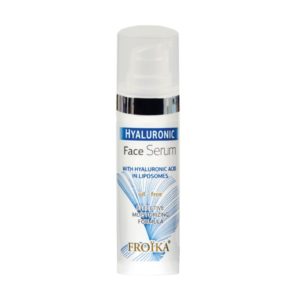 Froika Hyaluronic Face Serum, P2,500 |
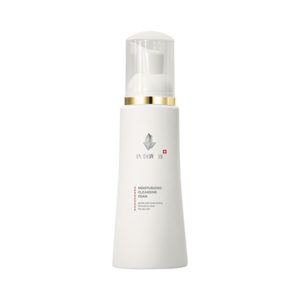 Evenswiss Moisturizing Cleansing Foam, P2,400 |
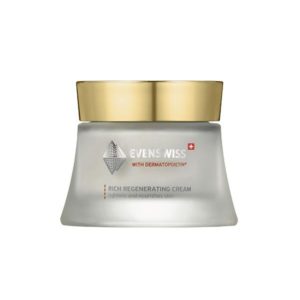 Evenswiss Rich Regenerating Cream, P4,200 |
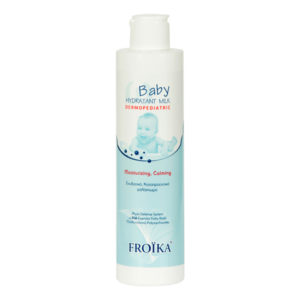 Froika Baby Hydratant Milk, P1,950 |
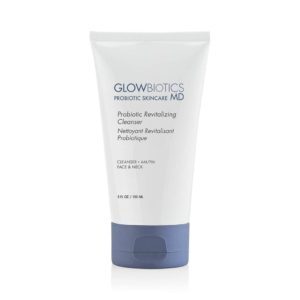 Glowbiotics MD Probiotic Revitalizing Cleanser, P2,150 |
RELATED READS:
- Here’s How A Functional Wellness Doctor Can Help Your Skin Health
- Here’s How To Tell If Your Acne Is Actually Rosacea
- New To Love: Under-The-Radar Products From Greek Brand Froika
